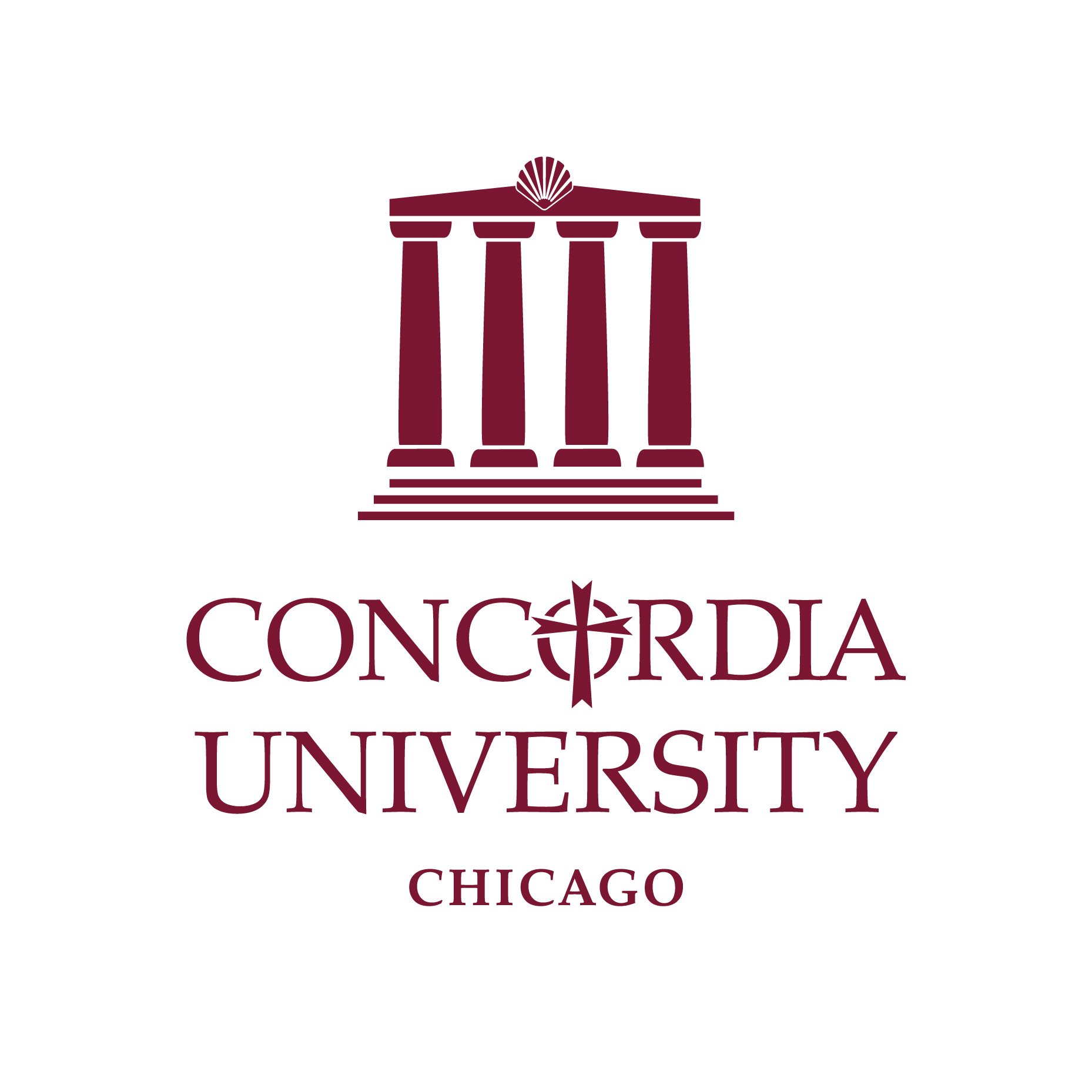Study Format
- Online
Program Length
- 30 Credit Hours
- 24 Months
Application Deadlines
Domestic Students
Summer 2025 Application Due | Classes Start May 5, 2025
International Students
Summer 2025 Completed File Due | Classes Start May 5, 2025
The Master of Arts in Educational Administration is for students who seek an online master’s degree program in the administration of educational programs. The program is designed to prepare potential leaders to assume various administrative positions which require knowledge and skills in leadership, supervision, and the ability to effectively administer in educational settings. Course curriculum will translate theory into effective practical application so that students become ethical and innovative leaders who can manage and administer in diverse educational environments. This program does not lead to state licensure.
This program prepares educators for administrative responsibilities. The objectives of the program are:
- Promote the success of all students through developing and implementing a shared vision of learning.
- Understand and ensure quality program development and evaluation that results in effective instruction.
- Develop skills in management of the organization, operations, and resources for a safe, efficient and effective learning environment.
- Collaborate with staff, boards, students, families, and community stakeholders in response to diverse educational and community interests.
- Demonstrate integrity, fairness, and ethical behavior to help in the development and sustainability of a caring and moral educational community.
- Understand and respond to the larger political, social, legal, and cultural context.
Program Information
Instructional Leadership
Elements of instructional leadership are examined emphasizing parent, staff and community collaborations including advanced curriculum and instruction.
Curriculum and Assessment: Frameworks for Student Learning
The analysis of curriculum frameworks aligned to state and national standards and assessment processes leading to school improvement. It will prepare the instructional leader to develop the knowledge and skills related to curriculum and assessment at the building level.
Supervision and Improvement of Instruction
A study and application of various educational supervisory models with emphasis on the instruction process.
Schools, Parent, Community Partnerships
Processes and skills needed to develop effective communication programs linking schools, parents and the community.
Research in Education
The focus of this course is on the understanding of educational research. Emphasis will be on the interpretation of research and the development of basic research skills for school improvement.
School Law
Analysis of legal issues as they affect teachers, students, programs, and tort liability.
School Finance and Business Management
Financing of public and nonpublic schools and its relationship to government and other sponsoring agencies. Introduction of methods used in business and financial management of schools.
Ethics of School Leadership
Analysis and application of normative ethical theories and the perspectives of care and the Christian life to moral issues.
School Organization and Human Resources
Leadership theory and its impact on educational organization, culture, leadership skills, and processes.
Capstone Experience
A master’s capstone is required for all master of arts candidates. This culminating project highlights the candidate’s mastery of content throughout his or her studies. Capstones are traditionally a summary of work demonstrating overall growth and specific understandings of the professional standards. The capstone serves as a performance-based evaluation and promotes reflective practice. It also demonstrates the professional’s proficiency in integrating technology and his or her ability to interpret theory into practice.
School Evaluation and Change Process
Candidates will complete the needs assessment project in School Evaluation and Change Process. Also, a narrative reflection of how the program coursework has influenced the student's framework and viewpoint of educational administration will be done in the final course taken in the program.
Seminar in Higher Education (EDU 6015)
In addition to the base program curriculum, international students attending face-to-face classes on the CUC campus are required to take the Seminar in Higher Education, a 3-credit course. This requirement will not apply to international DBA students studying exclusively online.
Admission Counselor
Connect with your admission counselor.
